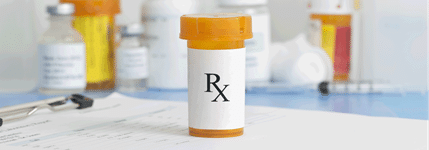Dos and Don’ts of Medication Management
Medication management is an important part in the treatment of many diseases and conditions. However, if not used or managed correctly, medications can cause harm if a patient is given the wrong dose or given to the wrong patient. Medication management is not just the clinician, nurse, pharmacist or medical assistant’s responsibility; it is also the responsibility of the patient or caregiver as well. Here are some simple dos and don’ts for all parties involved in medication management.
Do
- Identify medications that are high-alert medications (i.e. warfarin, insulin, Benadryl) and educate the patient/caregivers regarding risks
- Use 2 patient identifiers (i.e. name, date of birth, phone number) when dispensing or administering medications to patients.
- Pay close attention to look-alike/sound-alike medications (Depo PROVERA vs. Depo MEDROL)
- Make sure medications are stored properly according to manufacturer’s recommendations. (For instance, patients/caregivers should not store medications in the refrigerator unless specifically told to do so)
- Remove all expired, damaged or contaminated medications
- Ensure that patients/caregivers are educated about route of administration (i.e. by mouth, topical), possible drug interactions and potential adverse reactions
Don’t
- Take or administer expired medications
- Take someone else’s medications
- Store medications incorrectly (i.e. store medications in the refrigerator that are meant to be stored at room temperature)
- Be afraid to contact your clinician or pharmacist about adverse reactions or recalled medications
- Stop or start medications without talking to your clinician first
- Leave medications at home when coming to your doctor’s appointment
- Forget to document AND log out medications when administering to patients
- Forget to ask patients/caregivers about drug allergies

